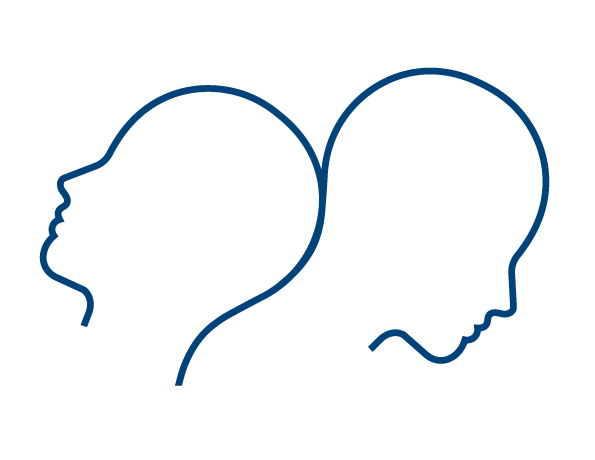Illness severity and risk of Mental morbidities among Patients recovering from COVID-19
About This Project
Illness severity and risk of mental morbidities among patients recovering from COVID-19: a cross-sectional study in the Icelandic population
Saevarsdóttir KS, Hilmarsdóttir HÝ, Magnúsdóttir I, Hauksdóttir A, Thordardottir EB, Gudjónsdóttir ÁB, Tomasson G, Rúnarsdóttir H, Jónsdóttir HL, Gudmundsdóttir B, Pétursdóttir G. Illness severity and risk of mental morbidities among patients recovering from COVID-19: a cross-sectional study in the Icelandic population. BMJ open. 2021 Jul 1;11(7):e049967.
Abstract
Objective To test if patients recovering from COVID-19 are at increased risk of mental morbidities and to what extent such risk is exacerbated by illness severity.
Design Population-based cross-sectional study.
Setting Iceland.
Participants A total of 22 861 individuals were recruited through invitations to existing nationwide cohorts and a social media campaign from 24 April to 22 July 2020, of which 373 were patients recovering from COVID-19.
Main outcome measures Symptoms of depression (Patient Health Questionnaire), anxiety (General Anxiety Disorder Scale) and posttraumatic stress disorder (PTSD; modified Primary Care PTSD Screen for DSM-5) above screening thresholds. Adjusting for multiple covariates and comorbidities, multivariable Poisson regression was used to assess the association between COVID-19 severity and mental morbidities.
Results Compared with individuals without a diagnosis of COVID-19, patients recovering from COVID-19 had increased risk of depression (22.1% vs 16.2%; adjusted relative risk (aRR) 1.48, 95% CI 1.20 to 1.82) and PTSD (19.5% vs 15.6%; aRR 1.38, 95% CI 1.09 to 1.75) but not anxiety (13.1% vs 11.3%; aRR 1.24, 95% CI 0.93 to 1.64). Elevated relative risks were limited to patients recovering from COVID-19 that were 40 years or older and were particularly high among individuals with university education. Among patients recovering from COVID-19, symptoms of depression were particularly common among those in the highest, compared with the lowest tertile of influenza-like symptom burden (47.1% vs 5.8%; aRR 6.42, 95% CI 2.77 to 14.87), among patients confined to bed for 7 days or longer compared with those never confined to bed (33.3% vs 10.9%; aRR 3.67, 95% CI 1.97 to 6.86) and among patients hospitalised for COVID-19 compared with those never admitted to hospital (48.1% vs 19.9%; aRR 2.72, 95% CI 1.67 to 4.44).
Conclusions Severe disease course is associated with increased risk of depression and PTSD among patients recovering from COVID-19.

